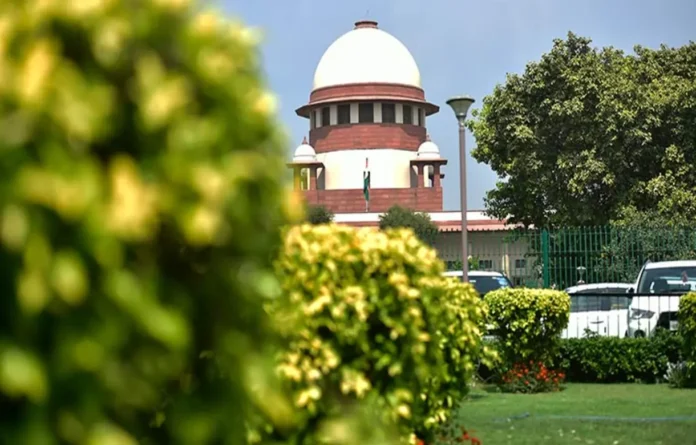The Supreme Court has directed all High Courts across the country to collect information from the district judiciary regarding civil execution petitions pending before various courts and issue appropriate directions to ensure that such petitions were disposed of within six months.
The Bench of Justice JB Pardiwala and Justice R Mahadevan recorded in its order on Thursday that once the entire data, along with the figures of pendency and disposal was collected by each of the High Courts, the same shall be forwarded to the Supreme Court Registry of this Court with individual reports.
The High Courts shall thereafter proceed to issue an administrative order or circular, directing their respective district judiciary to ensure that the execution petitions pending in various courts were decided and disposed of within six months, otherwise the concerned presiding officer would be answerable to the High Court on its administrative side., it added
The Bench observed that decree-holders must be able to reap the fruits of the decree without undue delay.
The top court of the country delivered the verdict on a petition challenging a Madras High Court order related to a four-decade-old property dispute.
The matter pertained to a 1986 suit for specific performance of a land sale agreement. The plaintiff in that case had obtained a decree for sale of the property, but even after decades, his legal heirs (appellants) had not received possession of the land due to protracted execution proceedings and objections by third parties.
During the proceedings, the Madras High Court deleted the names of two respondents from the execution proceedings. An executing court later allowed an application under Section 47 of the Code of Civil Procedure (CPC) by the respondents objecting to the execution of the decree. This effectively stalled the execution.
The Apex Court noted on Thursday that all questions relating to the rights in the property must be adjudicated expeditiously under Order XXI Rules 97–101 CPC, rather than through circuitous litigation.
The Bench observed that the High Court’s refusal to permit amendments to the execution petition (to implead or address the objectors) was erroneous and deserved to be set aside.
The top court of the country set aside both the High Court judgment as well as the executing court’s order, which accepted the objectors’ claim.
The Bench further ordered the executing court to promptly enforce the decree.
It directed the executing court to ensure that the vacant and peaceful possession of the suit property was handed over to the Appellants in their capacity as decree-holders, if necessary, with the aid of police, within two months.
The Apex Court further expressed its displeasure over the long and inordinate delay at the end of the executing courts across the country in deciding execution petitions.
The top court of the country pointed out that in the 2021 decision in Rahul S Shah vs Jinendra Kumar Gandhi, it had laid down comprehensive guidelines to streamline execution proceedings, including a directive that execution proceedings be completed within six months from the date of filing, save in exceptional cases.
The Bench pointed out that the six-month rule was reiterated in a 2022 decision in Bhoj Raj Garg vs Goyal Education & Welfare Society, yet execution petitions continued to face inordinate delays.
The Apex Court issued a slew of directions in this regard, directing the High Courts to ensure compliance with the execution timeline. It further directed that a copy of the judgment be circulated to all High Courts for necessary action.


